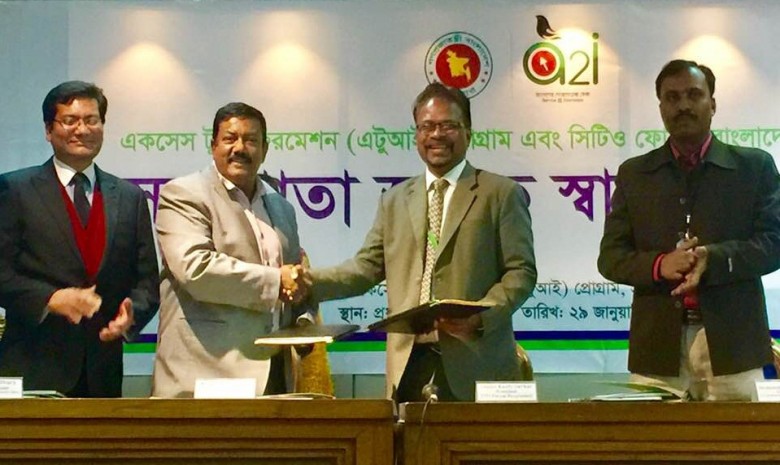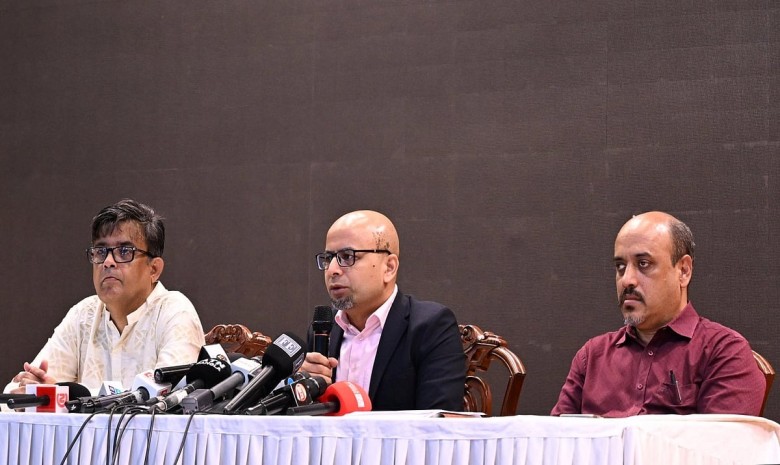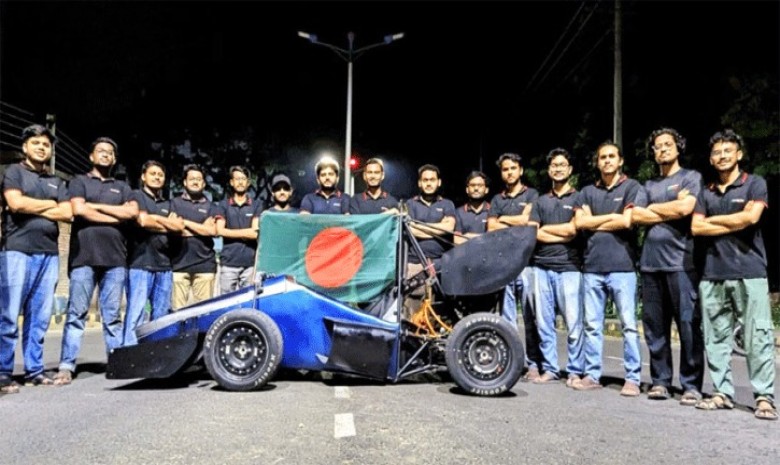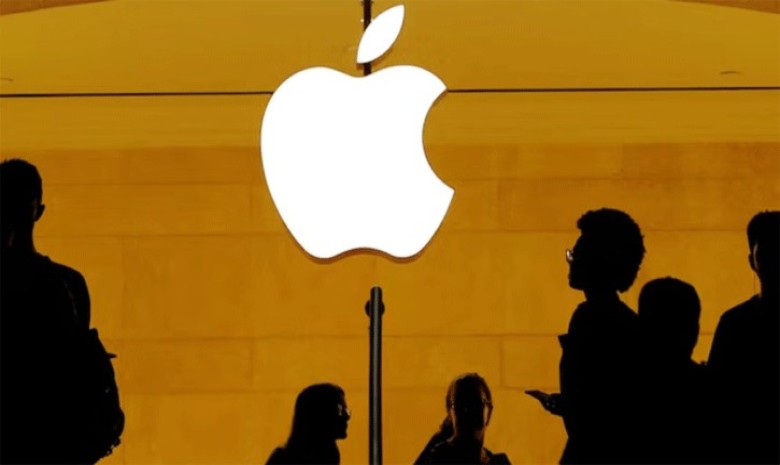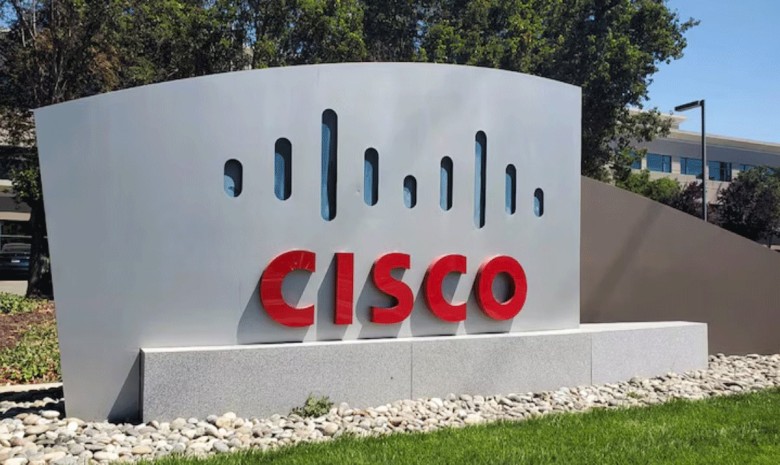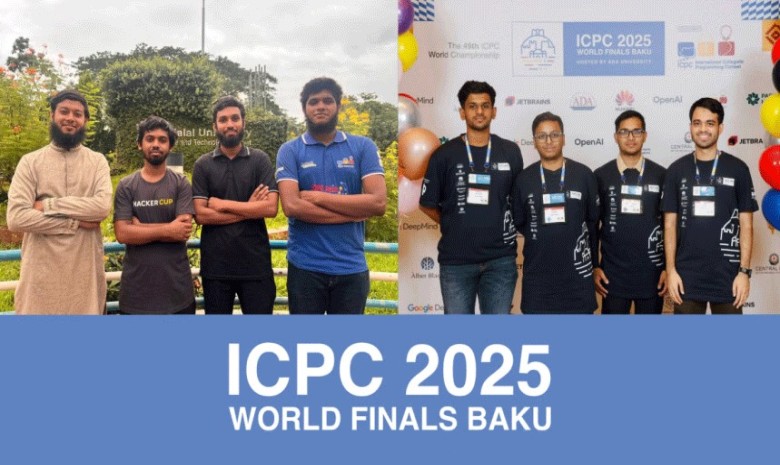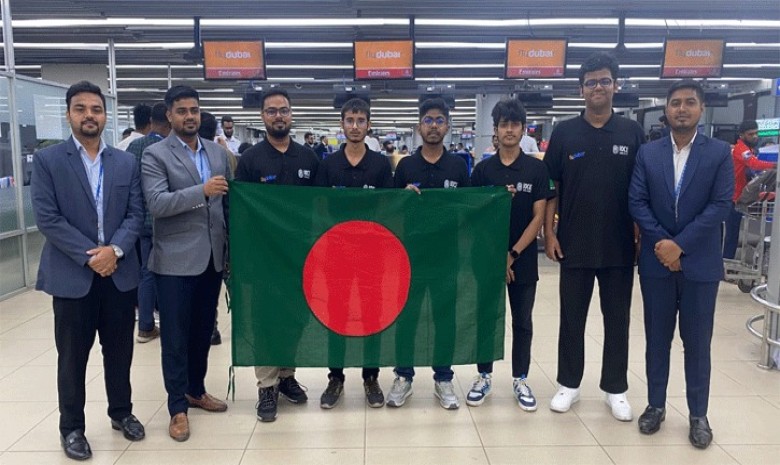Starlink will be required to provide internet connectivity using a local gateway, stated Faiz Ahmad Taiyeb, Special Assistant to the Chief Adviser for the Ministry of Posts, Telecommunications and Information Technology. However, as establishing a satellite ground station will take some time, Starlink has been granted a 90-day waiver.
Faiz Ahmad made these remarks at a briefing at the Foreign Service Academy auditorium in the capital on Tuesday (May 20) afternoon. The Chief Adviser’s Press Secretary, Shafiqul Alam, and Deputy Press Secretary, Abul Kalam Azad Majumder, were present at the time.
Just three months ago, Bangladesh had no Non-Geostationary Orbit (NGSO) licenses. After an NGSO policy was rapidly formulated, Starlink applied for a license under it. Consequently, on April 29, the Bangladesh Telecommunication Regulatory Commission (BTRC) handed over two 10-year licenses to the US-based company.
One of the two licenses is a Non-Geostationary Satellite Orbit Operator License, issued by the BTRC’s Licensing Division for commercial operations in Bangladesh. The other, a Radio Communications Apparatus License, was issued by the BTRC’s Spectrum Division for importing and using radio equipment and ancillary parts, including authorized spectrum for providing internet services.
Following this, Starlink, the satellite-based internet service provider owned by American billionaire Elon Musk, officially commenced its journey in Bangladesh. Faiz Ahmad announced this in a Facebook post on the morning of May 20. Starlink also shared the information on its X (formerly Twitter) handle. Faiz Ahmad commented that such a telecommunication license rollout is the first and unique in Bangladesh’s history.
The Special Assistant to the Chief Adviser stated that two types of protection have been put in place to ensure that national interests are not compromised by Starlink. He said, “One protection is that Starlink must use a local gateway. This means they have to build a satellite ground station, and the internet will pass through that ground station, through the gateway.”
However, Faiz Ahmad referred to Starlink’s May 20 launch as a “commercial test launch.” The company has been given a 90-day deadline to fulfill other obligations, including setting up the satellite ground station. Regarding this, he said, “Of these 90 days, 10 days have already passed. They have 80 days left. After these 80 days, they will have to comply with the local gateway requirement.”
Additionally, for Bangladesh’s national security, Starlink will have to adhere to the Lawful Interception (LI) provisions of the International Telecommunication Union.
The second safeguard concerning national interest is that every device must obtain a No Objection Certificate (NOC) from the BTRC to operate in Bangladesh. This measure is to prevent illegal devices from entering Bangladesh’s territory. However, to avoid procedural complexities in issuing separate NOCs for thousands of devices, NOCs can be issued in batches.
Through these two safeguards, it will be possible to provide clear directives to the gateways when necessary and keep active devices under monitoring. These are the only two aspects of control, Faiz Ahmed informed. He said, "We have moved away from the Awami League’s initiative to establish control over the internet, and in the Cyber Security Ordinance, we have recognized the internet as a civic right. From this perspective, we haven’t considered the issue of control in that manner. Now, to address the regulatory question, we have taken steps in two areas.”
Total views: 684



